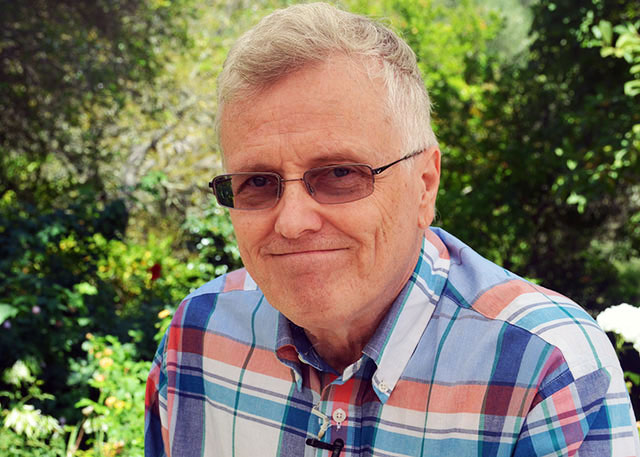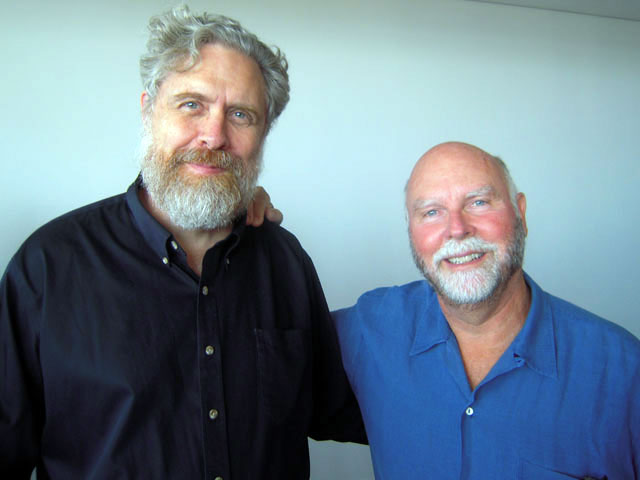
[expand]
Daniel Kahneman & Richard Thaler
Edge Retreat, Spring Mountain Vineyard, Napa, California, August 22, 2013
What we're saying is that there is a technology emerging from behavioral economics. It's not only an abstract thing. You can do things with it. We are just at the beginning. I thought that the input of psychology into behavioral economics was done. But hearing Sendhil was very encouraging because there was a lot of new psychology there. That conversation is continuing and it looks to me as if that conversation is going to go forward. It's pretty intuitive, based on research, good theory, and important. — Daniel Kahneman
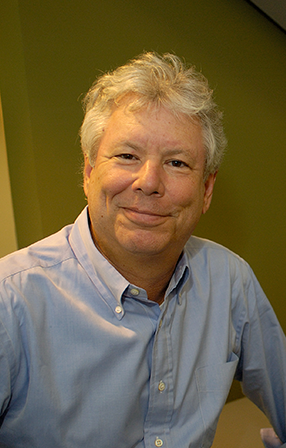 |
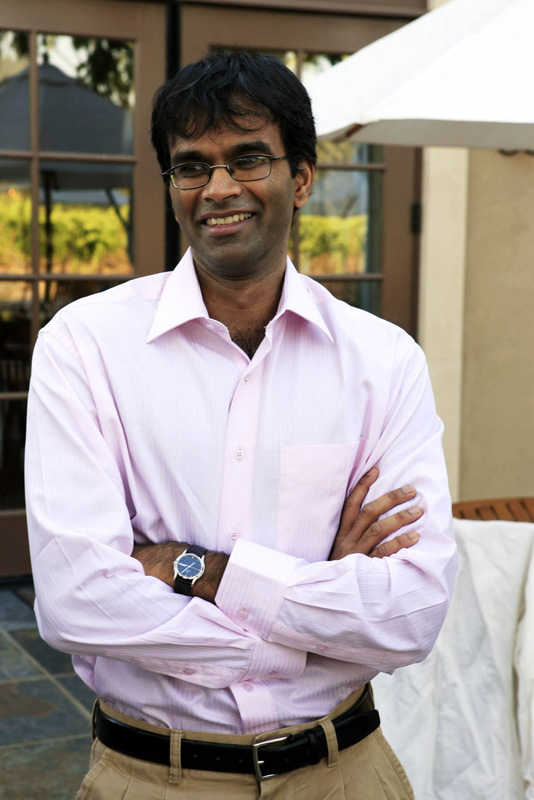 |
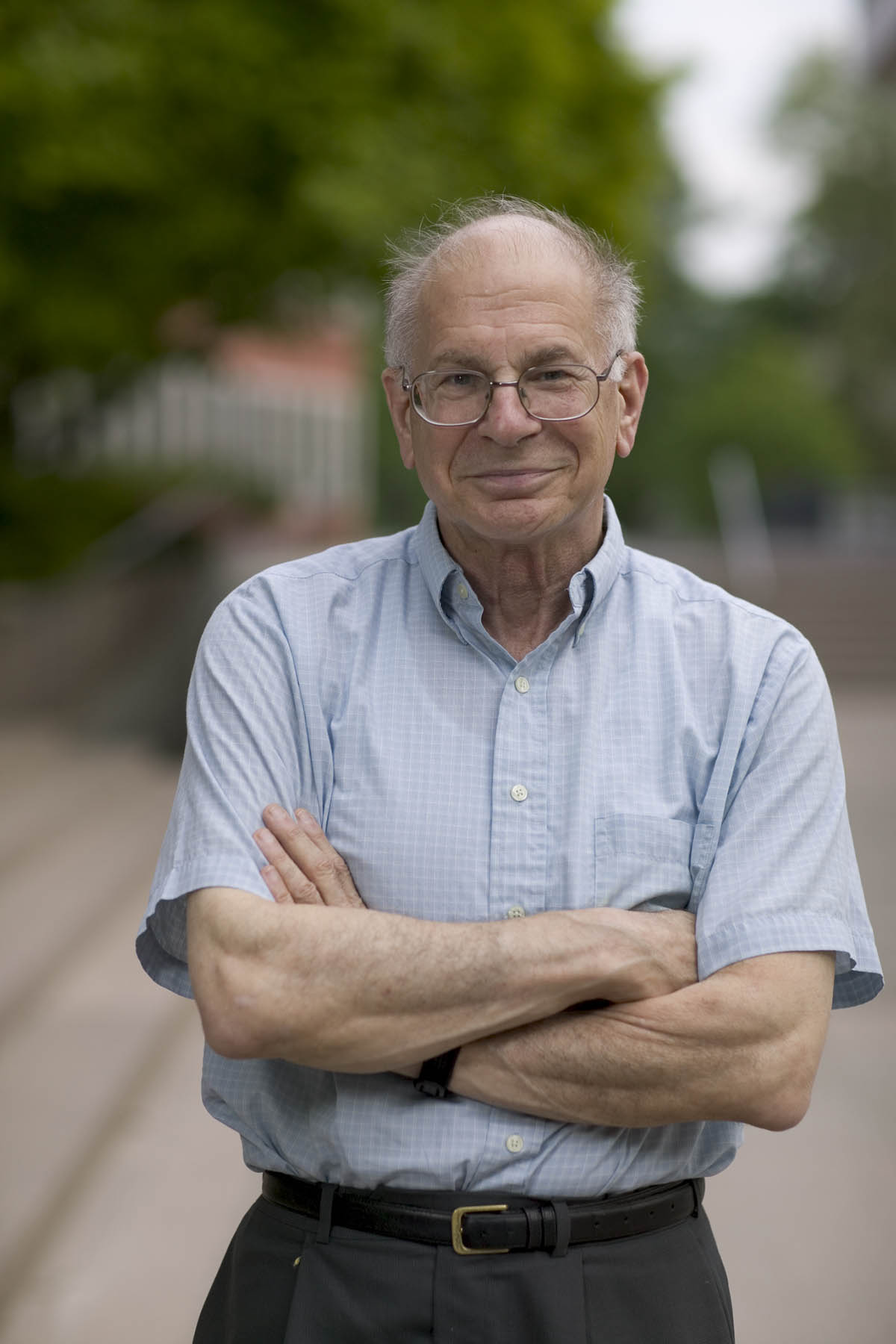 |
| Richard Thaler |
Sendhil Mullainathan |
Daniel Kahneman |
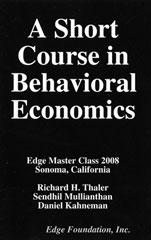
Edge Master Class 2008
Richard Thaler, Sendhil Mullainathan, Daniel Kahneman
Sonoma, CA, July 25-27, 2008
A year ago, Edge convened its first "Master Class" in Napa, California, in which psychologist and Nobel Laureate Daniel Kahneman taught a nine-hour course: "A Short Course On Thinking About Thinking." The attendees were a "who's who" of the new global business culture.
The following year, in 2008, we invited Richard Thaler, the father of behavioral economics, to continue the conversation by organizing and leading the class: "A Short Course On Behavioral Economics."
Thaler arrived at Stanford in the 1970s to work with Kahneman and his late partner, Amos Tversky. Thaler, in turn, asked Harvard economist and former student Sendhil Mullainathan, as well as Kahneman, to teach the class with him.
The entire text to the 2008 Master Class is available online, along with video highlights of the talks and a photo gallery. The text also appears in a book privately published by Edge Foundation, Inc.
 |
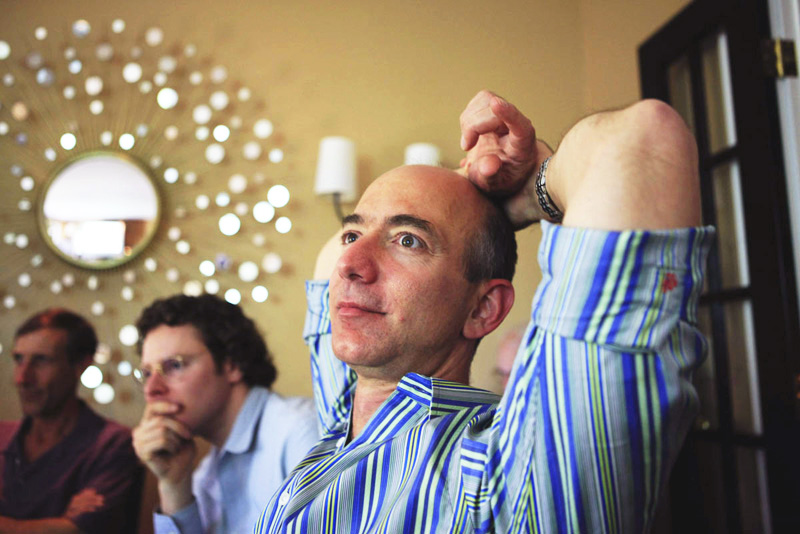 |
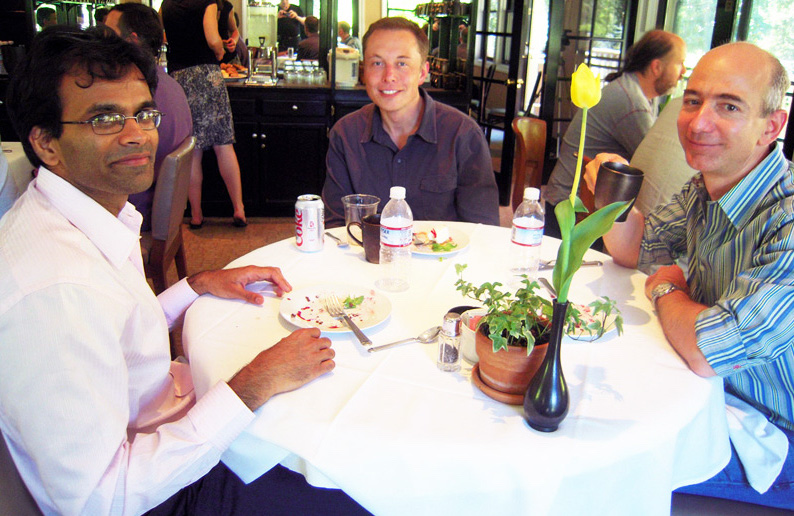 |
| Nathan Myhrvold |
Jeff Bezos |
Elon Musk |


